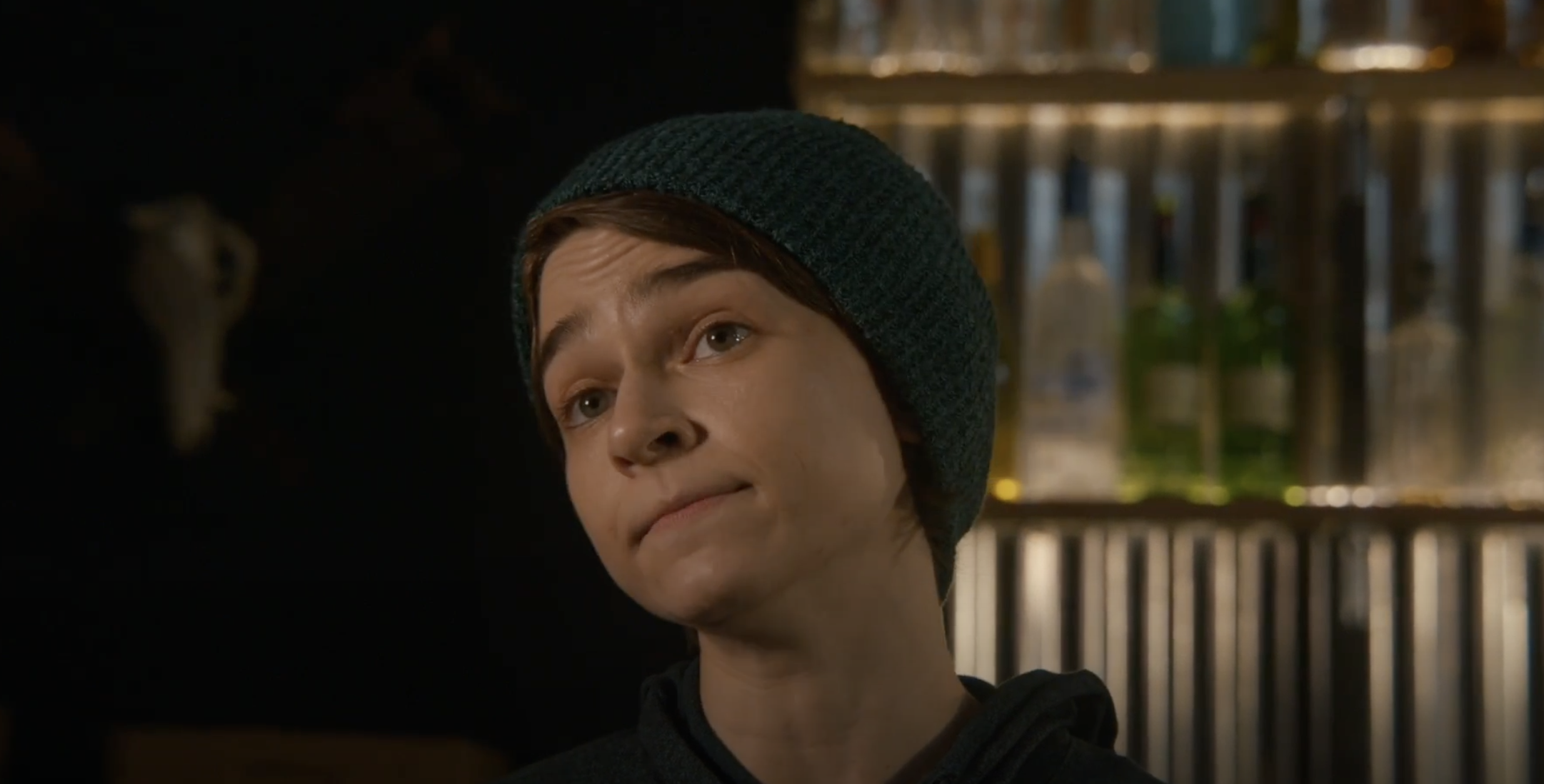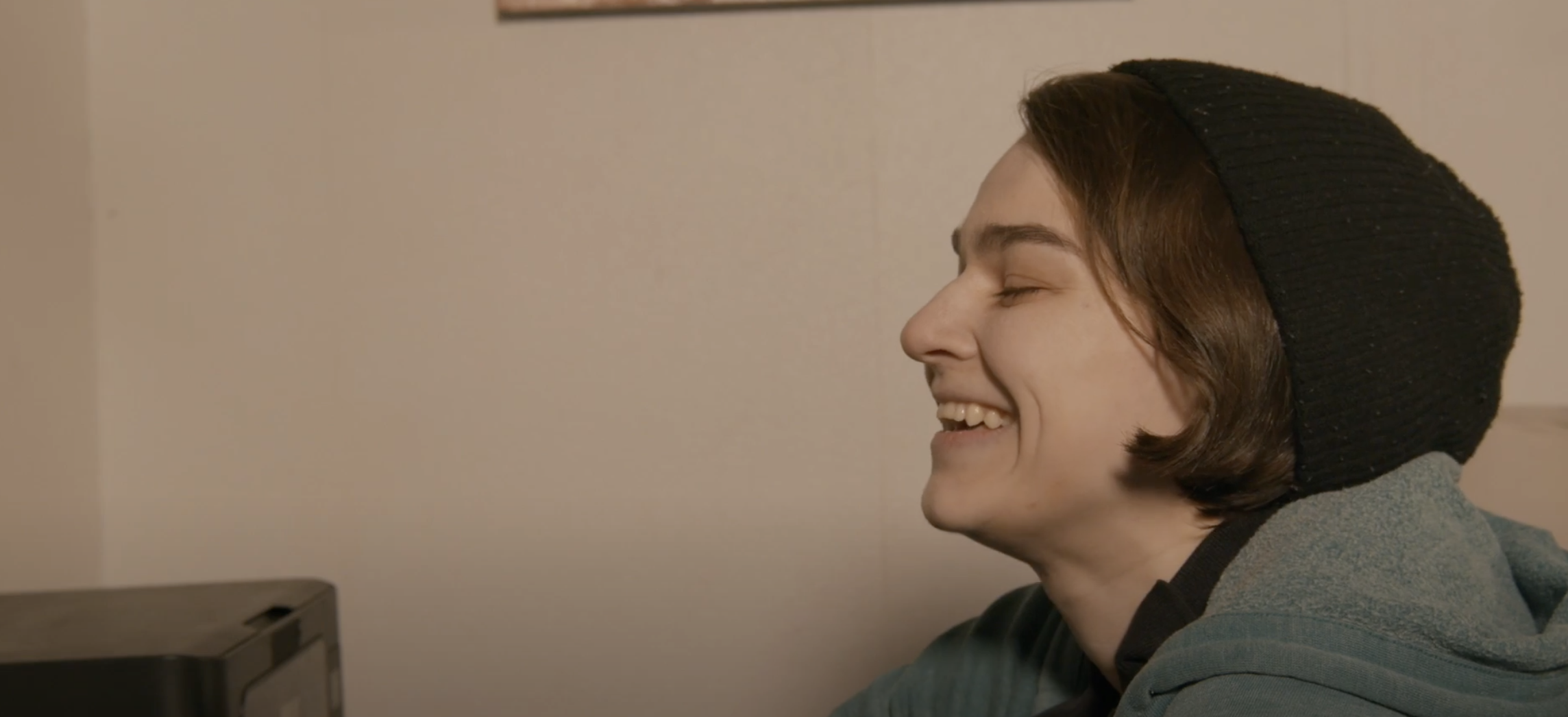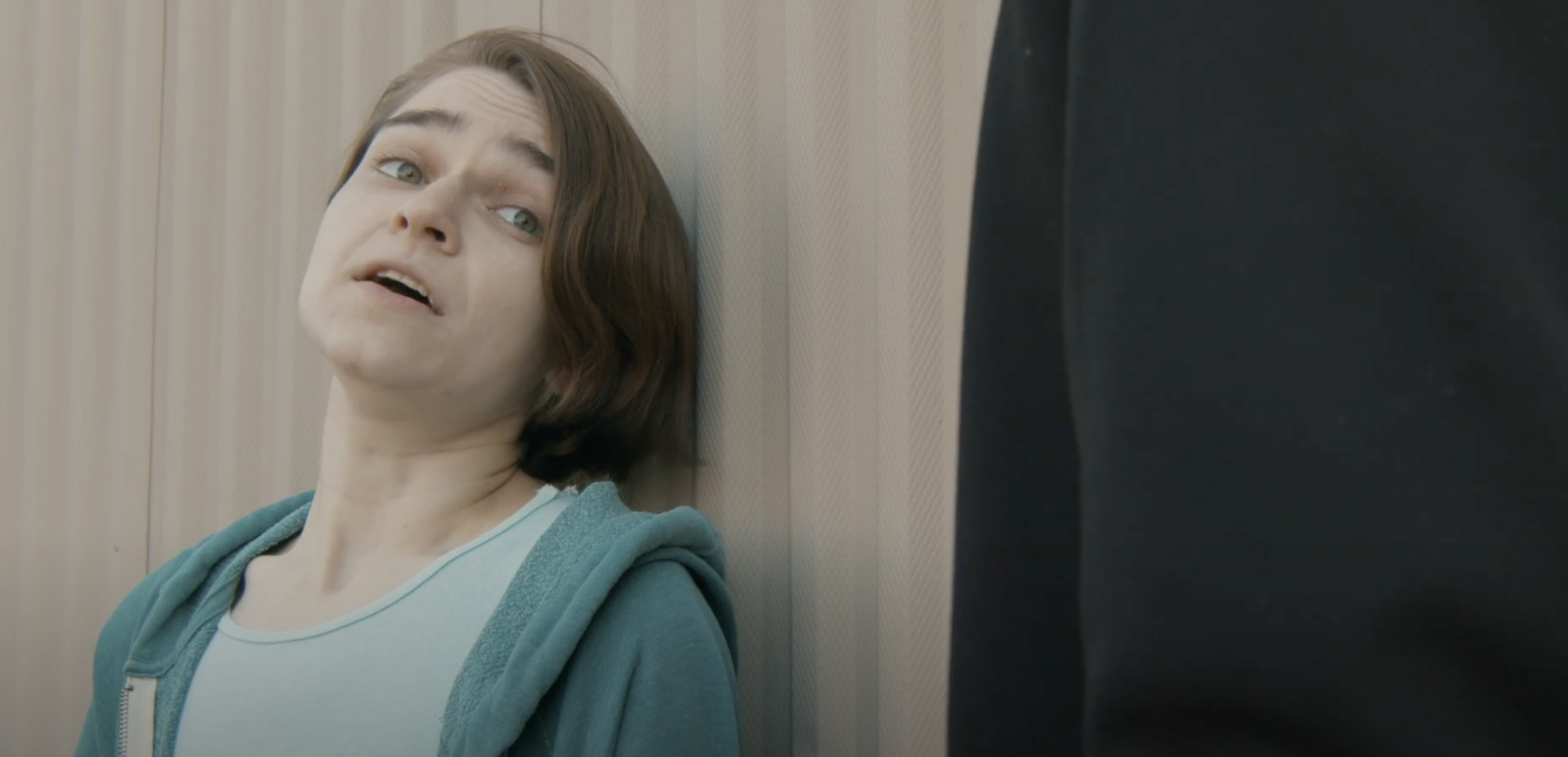Get ready for a wild mashup of Way of the Dragon and Kung Fu Manager. Writer-director Scott Hillman’s Blue Belt dives headfirst into farcical martial arts mayhem, following Rilley — an online coder and unlikely kung fu prodigy — who must defend their Italian uncle’s Los Angeles pizzeria from an eccentric French mob invasion. What follows is a deliriously odd blend of kung fu, comedy, and community pride that only a Hillman film could deliver.
Armed with just nine months of blue-belt training, Rilley (played by Socks Whitmore) kicks, chops, and punches their way through oversized French henchmen wielding baguettes, fumbles through urban street brawls, and ultimately finds their inner fighter. The result is equal parts chaotic and charming — a low-budget indie flick that knows exactly what it is and leans into it with gusto.
Whitmore, a trans actress and activist, is easily the film’s heart. Even when the fights wobble or the editing feels clunky, Whitmore’s charisma and comedic timing shine. Their performance anchors the madness and gives Blue Belt genuine warmth. Surrounded by a colorful supporting cast that includes Chris Spinelli, Joe Filippone, Shane Ryan-Reid, and Gregory Hatanaka, Whitmore manages to rise above the slapstick chaos and make Rilley’s journey surprisingly endearing.
Hillman, known for oddball indies like Baby Cat and Bikini Hackers, continues his streak of self-aware genre parodies here. The direction is scrappy, and the choreography sometimes borders on the intentionally clumsy — think Z-grade charm meets student-film sincerity. But Hillman’s sense of humor and world-building hold it together. There’s an undeniable sincerity beneath the absurdity: a story about standing up for family, neighborhood, and self-respect, even when your opponents are wearing berets and quoting Molière between punches.
Of course, the film isn’t without its flaws. The martial arts choreography is rough around the edges, and some supporting performances feel stiff or exaggerated. Technical limitations — visible in the editing, pacing, and occasional stock footage — sometimes get in the way of the film’s better instincts. At times, you wish Hillman had trusted his comedic rhythm more instead of stretching scenes past their punchlines.
Still, Blue Belt’s imperfections are part of its personality. Like a scrappy underdog fighter, the movie’s heart is bigger than its technique. There’s a peculiar joy in watching something that commits so fully to its weirdness — baguette battles, butchered French accents, and all.
In the end, Blue Belt works best when viewed in the same spirit it was likely made: with enthusiasm, humor, and a willingness to throw yourself into the ring, no matter how absurd the fight may be. It may not have the slickness of a studio martial arts flick, but it has spirit — and that’s what keeps it punching above its weight.
Verdict: A wobbly but winning indie brawler. Blue Belt might not be finely tuned, but its heart, humor, and offbeat energy earn a look.
Jessie Hobson





